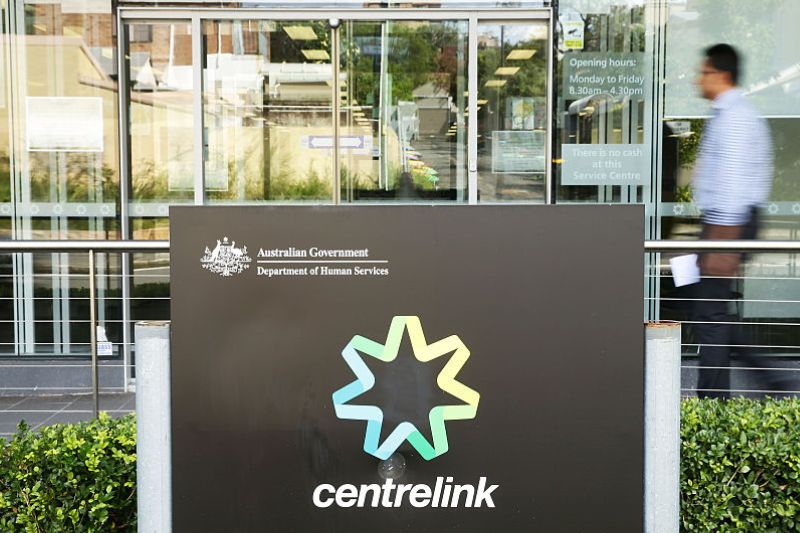Keywords: Catherine Holmes
-

ARTS AND CULTURE
- Juliette Hughes
- 12 September 2024
4 Comments
Slow Horses is one of those dramas that are even better than the books they’re based on. The TV series is blessed by having Gary Oldman as Jackson Lamb, the grisly spy-genius with a preternatural instinct for sniffing out hidden agendas.
READ MORE
-

AUSTRALIA
- John Falzon
- 14 December 2023
4 Comments
No doubt there were some who genuinely believed that privatising employment services would result in better services at a lower cost to the public purse. But the engineers of the socially destructive projects of the neoliberal era knew very well that they were more likely to result in the enrichment of some to the detriment of many.
READ MORE
-

AUSTRALIA
- Mark Gaetani
- 02 August 2023
5 Comments
Despite causing despair and even leading to lives lost, those who orchestrated Robodebt from 2015 to 2019 appear unrepentant. Yet one fact remains unchallenged: this scheme lays bare a troubling disregard for the dignity of the most vulnerable in society.
READ MORE
-

AUSTRALIA
- James Massola
- 14 July 2023
5 Comments
Catherine Holmes' Royal Commission report exposes the staggering mismanagement and human cost of Australia's Robodebt scandal. The scheme burdened over 500,000 Australians with non-existent debts and is linked to at least three suicides. This report unravels the culture behind the disaster and the potential repercussions ahead.
READ MORE
-

AUSTRALIA
- Andrew Hamilton
- 12 July 2023
6 Comments
Navigating the murky waters between legality and morality, Robodebt and the prolonged hotel detention of asylum seekers are both marred by the same neglect of human dignity and ethical responsibility, and should spark urgent discussions about our societal attitudes towards the vulnerable and the dire need for an ethical transformation.
READ MORE
-

AUSTRALIA
- Joe Zabar
- 14 February 2023
2 Comments
The Robodebt Scheme promised billions in savings, but became a $1.8 billion failure labeled as 'a shameful chapter in public administration' by the Federal Court. The government was forced to settle a class action and wipe the debts of 381,000 people. Beyond the human cost, these failures point to a welfare system due for an upgrade.
READ MORE